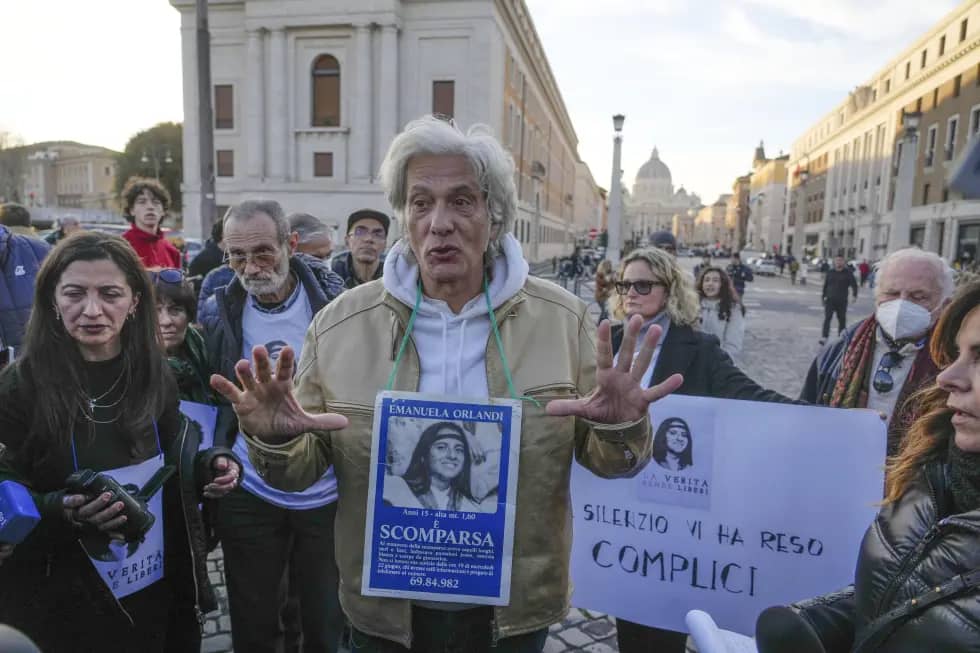VATICAN CITY — With so much spiritual, social and moral suffering in the world, the church has “no right” to stay locked up in an ivory tower, engaging in “byzantine” philosophical reflection, Pope Francis told members of the Focolare movement.
“We have to go out! So that — I’ve said this before — the church seems like a field hospital,” where the first order of the day “is heal the wounds, not measure people’s cholesterol. That comes later. Got it?” he said to applause.
The pope met at the Vatican with 500 people from 136 countries; they were attending the Focolare general assembly in Rome Sept. 1-28.
During the assembly, members re-elected Italian Maria Voce for a second six-year-term as president, and elected Spaniard Jesus Moran Cepedano as the new co-president.
In his audience with members of the movement Sept. 26, Pope Francis said the new evangelization must go out to everyone, “starting with the poorest and excluded,” so they, too, may experience “hope, brotherhood and joy in humanity’s journey toward unity.”
Focolare members, like all Catholics, can contribute to “this new season of evangelization” by being creative in the ways it brings God’s word to the world.
This work demands “contemplation, going out, and formation,” he said.
“Today more than ever before, we have to contemplate God and the wonders of his love,” Pope Francis said. By recognizing and letting Jesus dwell in them, he said, Catholics can avoid narcissism and can share him with others.
Going forth means doing what Jesus did as he always was “walking and sowing anew,” freely and generously, the pope said. This takes “aiming high and expanding one’s gaze” beyond one’s own horizons, he said.
With God’s help, people will have the courage to face reproach as they look for the Lord “outside the camp” and their comfort zone, he added.
“He is waiting for us in the tribulations and wailing of our brothers and sisters, in the wounds of society and in the questions from today’s culture,” he said.
The pope said it is “heartbreaking” to see “so many wounds, moral wounds, existential wounds, wounds from war” every day, but then to see Christians trapped in “byzantinism,” that is, engaging in complicated “philosophical, theological, spiritual” arguments and reasoning among themselves when instead “we need a spirituality of going out.”
“Go out with this spirituality; don’t stay inside under lock and key. This is not good,” he said.
“We have no right to byzantine reflections. We have to go,” he said.
Finally, he said, formation is key so that people, especially the young, can see God, “fall in love with him” and follow him while facing life’s challenges.
“Without adequate formation for younger generations, it is misleading to think that a serious and long-lasting project that serves a new humanity can be realized,” he said.


















